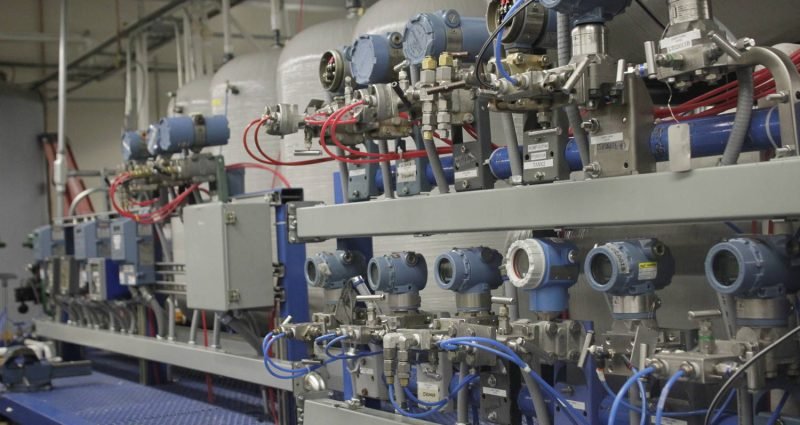Instrumentation Design


5 Months - 120 Hrs

3 Alternative days/ week

09:30 pm-11:30 pm
Eligibility :-B.Tech / Diploma in Instrumentation, Electrical, or Electronics Engineering
Course Overview
Our Instrumentation Design course is tailored to prepare you for a successful career in instrumentation engineering, particularly within the oil, gas, and process industries. The program combines theoretical knowledge with practical, hands-on training using leading design software to help you meet industry requirements.
- Module 1: Introduction to SmartPlant Instrumentation (SPI)
- Overview of SmartPlant Instrumentation (SPI/IN Tools) software.
- Understanding key features and benefits.
- Navigating the user interface for efficient project management.
- Module 2: Instrument Index and Data Input
- Creating and managing an instrument index.
- Entering, editing, and organizing instrument data efficiently.
- Importing and exporting instrument data for seamless workflow integration.
- Module 3: Instrument Specification Sheets
- Learn how to create and customize instrument specification sheets.
- Specifying important data like tag numbers, instrument types, and ratings.
- Generating comprehensive instrument datasheets.
- Module 4: Instrument Loop Diagrams
- Master the creation of instrument loop diagrams.
- Learn how to place and connect instruments within the loop.
- Managing interconnections and ensuring system efficiency.
- Module 5: Wiring and Termination Diagrams
- Develop wiring and termination diagrams for different instruments.
- Learn the details of wiring connections and report generation.
- Practice creating accurate wiring layouts and diagrams.
- Module 6: Instrument Calibration and Maintenance
- Manage instrument calibration data and track performance.
- Scheduling and tracking instrument maintenance.
- Generate calibration and maintenance reports for audit and efficiency.
- Module 7: Instrumentation Design Verification
- Perform design verification checks to ensure system accuracy.
- Identifying and resolving design inconsistencies or errors.
- Reviewing and approving design changes for seamless project updates.
- Module 8: Integration with Other Systems
- Learn how to integrate instrumentation design with other engineering disciplines like piping and electrical systems.
- Practice data exchange and interoperability with other tools and platforms.
- Module 9: Project Collaboration and Documentation
- Collaborate in multi-user environments, ensuring project efficiency.
- Manage project documentation and revisions for smooth transitions between design phases.
- Generate project reports and complete documentation packages.
- Module 10: Advanced Topics (Optional)
- Explore advanced customization and configuration within SPI.
- Troubleshoot common issues and errors in instrumentation design.
- Learn best practices for optimizing instrumentation workflows.